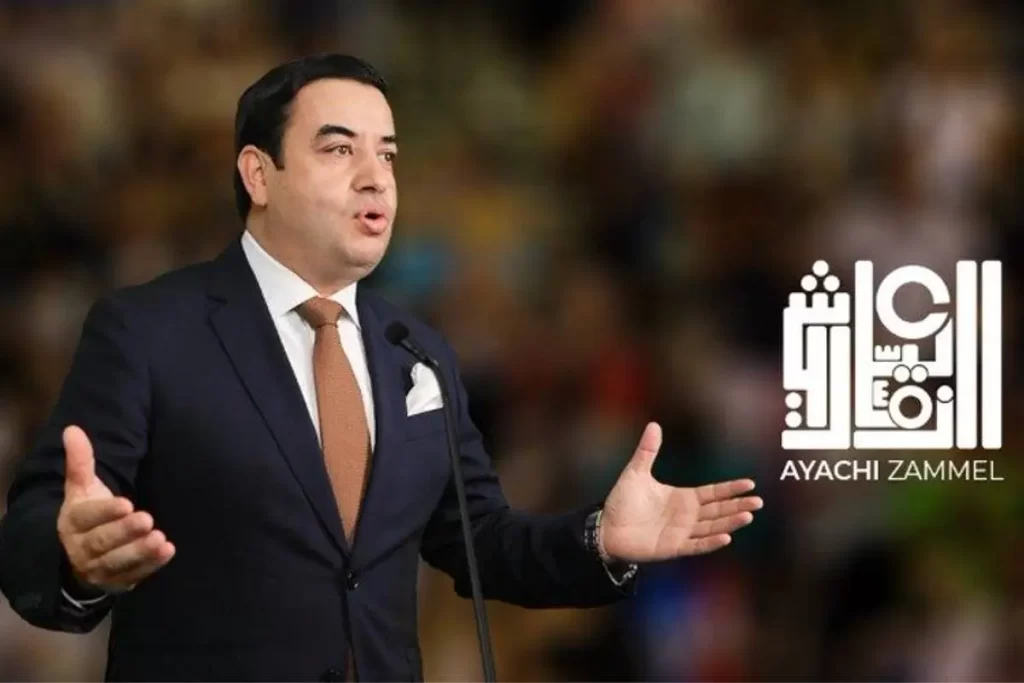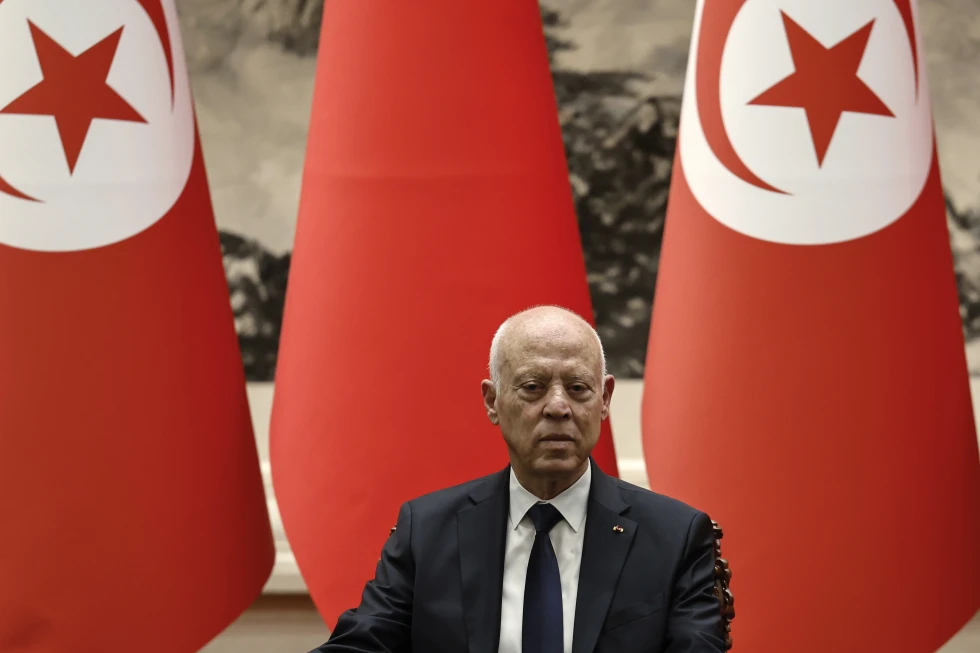A Tunisian court on Wednesday sentenced presidential candidate Ayachi Zammel to 20 months in prison, according to his lawyer, in a move that has intensified opposition concerns about the integrity of the upcoming election.
Zammel, who leads the opposition Azimoun party, was arrested two weeks ago on charges of falsifying voter signatures on his candidacy paperwork. He has denounced the charges as fabricated by incumbent President Kais Saied.

The court’s decision comes amid rising political tensions in Tunisia ahead of the October 6 presidential election. Earlier this month, an electoral commission appointed by Saied disqualified three prominent candidates, sparking protests from opposition and civil society groups.
The commission approved only three candidacies: the incumbent president, Zammel, and Zouhair Magzhaoui, who is perceived as close to Saied. This decision defied Tunisia’s administrative court, the highest judicial authority in election-related disputes.
Abdessattar Massoudi, Zammel’s lawyer, told Reuters, “Today’s verdict is politically motivated, unfair and aims to undermine his chances in the presidential race.”
The commission’s actions have drawn criticism from rights groups, political parties, and constitutional law experts, who argue that defying the court raises doubts about the election’s legitimacy and legality.

Saied, who was democratically elected in 2019, has tightened his grip on power since 2021, ruling by decree in what the opposition has described as a coup. Critics accuse Saied of using the electoral commission to secure victory by limiting competition and intimidating other candidates. Saied has denied these accusations, stating he is fighting against corruption and will not become a dictator.
Several other potential presidential candidates have faced legal challenges. Abir Moussi, leader of the Free Constitutional Party, has been imprisoned since last year on charges of harming public security. Lotfi Mraihi, another prominent politician, was jailed this year on charges of vote-buying in the 2019 election. Both had expressed intentions to run in the October election but were unable to submit their candidacy paperwork due to their imprisonment.
Last month, a court sentenced four other potential presidential candidates to prison terms and lifetime bans from running for office.
These developments have raised international concerns about the state of democracy in Tunisia, once considered a model of democratic transition in the Arab world following the 2011 revolution.



